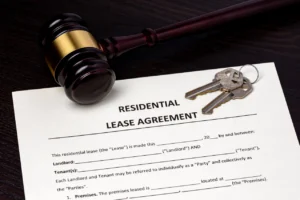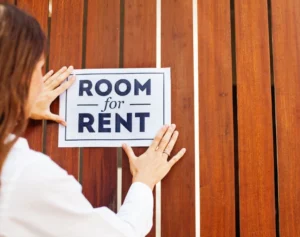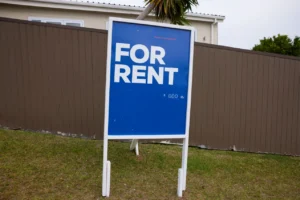
Fair Housing Training: Your Financial Safety Net in a Tight Economy
When recession fears rise, budget cuts often follow—and education directors are being asked to make hard choices. Training programs frequently top the list of cuts, especially those perceived as non-essential or deferrable. At first glance, trimming fair housing training may seem like a logical decision. But beneath the surface, that cut often becomes a costly shift—moving risk and liability into a company’s blind spot.
Fair housing training isn’t just a compliance checkbox; it’s a core part of operational risk management. Skipping or delaying it may offer short-term budget relief but open the door to long-term financial exposure. Companies often realize too late that the cost of resolving a single fair housing complaint can far exceed the initial cost of consistent training.
The Real Cost of Non-Compliance
Across the property management industry, professionals who handle internal audits and compliance reviews regularly see the same cycle: organizations forgo training, assuming they can circle back later. But when a complaint is filed—often months or years down the line—they find themselves facing expensive investigations, attorney fees, staff disruptions, and sometimes public scrutiny. By then, the damage is done.
Many still assume that fair housing complaints are rare. The truth tells a different story. For example, just in 2021 alone, over 31,000 complaints were filed. And while HUD may be the most well-known agency tied to enforcement, investigations also come from the Department of Justice, state agencies, advocacy groups, and private law firms. If one entity doesn’t take action, another often will.
Beyond the Legal Fees: The Ripple Effect
It’s easy to focus on penalties and settlements when thinking about the consequences of a fair housing violation, but those are only part of the picture. The internal ripple effect can be just as damaging. Investigations pull employees away from their roles for interviews, document collection, and legal prep—hurting productivity and morale. Even a single investigation can stretch resources to the breaking point for small to mid-sized companies.
There are also reputational risks. Even if a company settles or wins a case, the process can erode trust with residents and staff. That’s a hard cost to quantify, but it’s one that smart companies take seriously—especially in competitive markets where word travels fast.
Can Insurance Carry the Load?
Some organizations believe they’re covered because they have business insurance, but policies vary widely. Not all include coverage for fair housing claims; even when they do, the support provided might fall short. Insurance carriers often assign their own legal counsel—professionals who may not specialize in fair housing law. The result is a technically “covered” claim that’s defended with minimal insight or strategy.
This is not to say insurance is irrelevant. It’s a key part of a broader risk management plan. But it’s not a substitute for prevention—relying on it as the only line of defense can lead to more expensive outcomes in the long run.
A Smarter Strategy for Tight Budgets
So how can property management companies protect themselves when money is tight? The answer is smarter—not necessarily more expensive—training. Many firms are adopting online, on-demand training programs that allow teams to stay current without pulling them away from day-to-day responsibilities.
Rather than sticking with the same course year after year, effective training plans now rotate topics, address real-world scenarios, and incorporate lessons learned from recent case law or enforcement trends. This approach reinforces fair housing principles while keeping the material relevant and engaging for staff.
Make Compliance Part of the Culture
Training should begin during onboarding, but it shouldn’t stop there. Companies that consistently incorporate fair housing education into their culture tend to stay ahead of risk. This might include short refreshers, policy reminders, or targeted sessions on emerging issues. The goal is to create an environment where compliance is second nature—not an afterthought.
In a challenging economy, the temptation to cut training is understandable. But some corners, when cut, come back to cost more than they save. Fair housing training is one of those corners. It’s not just about staying compliant—it’s about staying in business.













 Accessibility
Accessibility